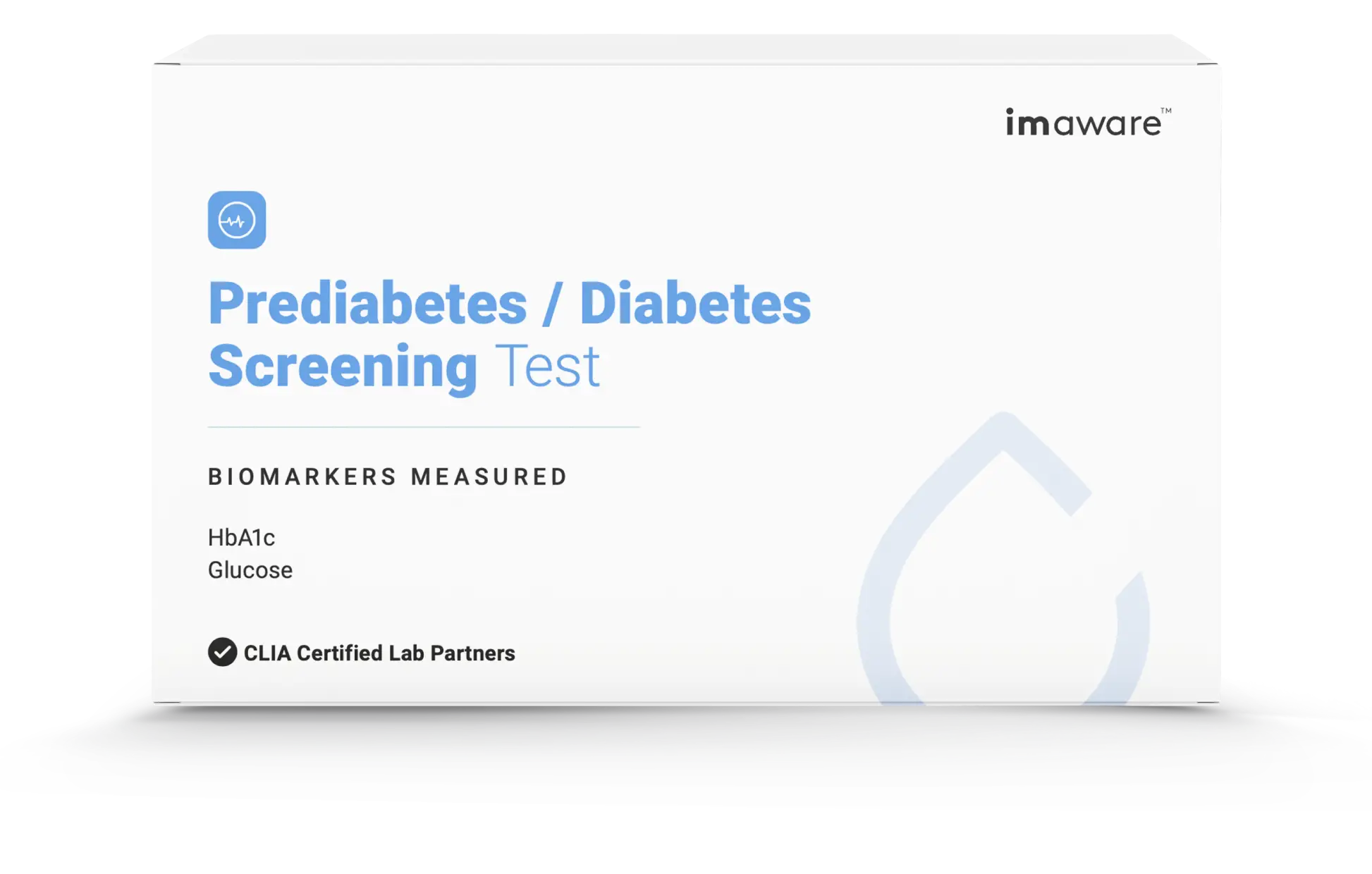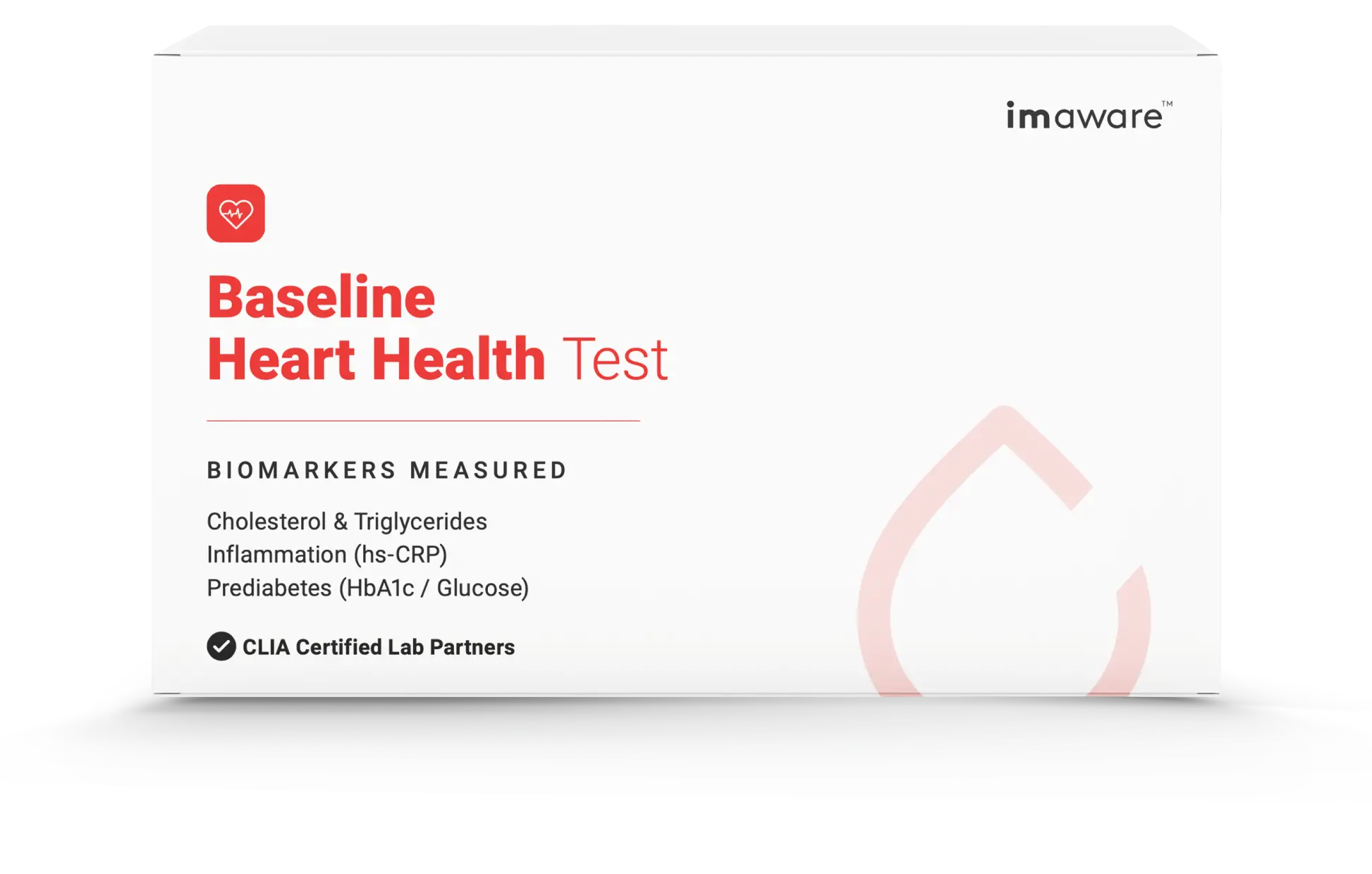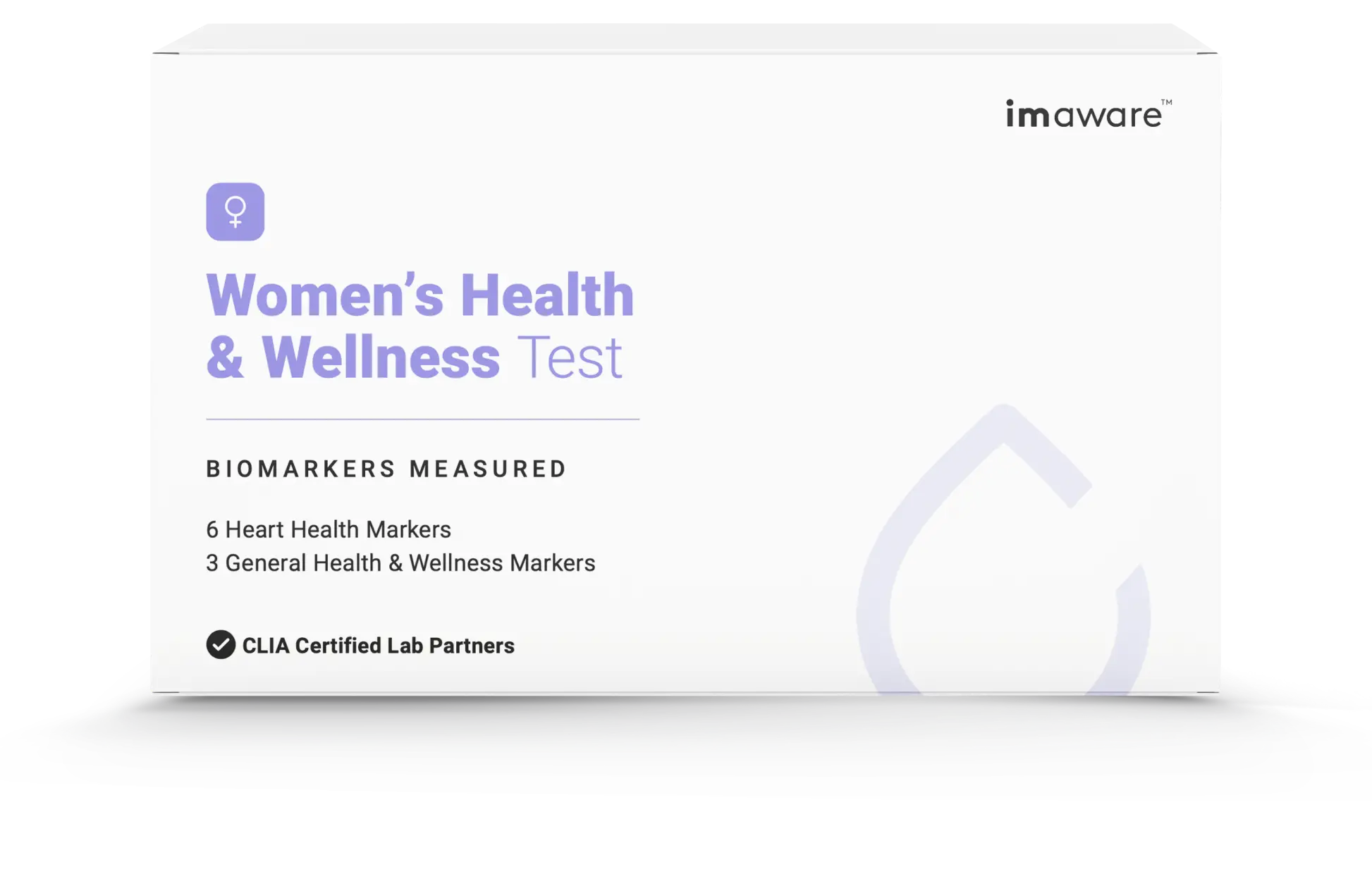Why test for glucose?
Fasting blood sugar—a test of glucose levels after not eating for a period of at least 8 hours— is useful to determine if you have diabetes or are likely to develop it.
What is diabetes & what are its risks?
Diabetes is characterized by your body’s insulin response not working properly, either due to not making enough insulin or the cells not responding to the insulin signal. Diabetes causes blood glucose levels to stay elevated for long periods of time after a meal, eventually resulting in damage to the eyes, kidneys, nerves, circulatory system, and other organs.
Additionally, elevated blood glucose levels can cause long-lasting inflammation throughout the body. Chronic inflammation inhibits immunity and can increase your risk of getting infections.
Diabetes increases your risk of heart attack and stroke. This occurs because elevated levels of sugar and insulin in your blood can cause cholesterol to form plaque that shrinks and damages your arteries. Your immune system responds by trying to get rid of the plaque, which is what can cause inflammation and blood clots.
When should I test my fasting glucose levels?
Other than elevated blood sugar, there are usually no symptoms accompanying prediabetes other than, possibly, areas of darkened skin, including on the neck, armpits, elbows, knees, or knuckles¹. Prediabetes can progress to type 2 diabetes, at which point symptoms can include increased thirst, frequent urination, blurred vision¹.
Your healthcare professional may recommend other tests if they suspect type 1 diabetes. This includes a urine test for ketones and tests to detect the presence of autoantibodies. If you’re at risk for gestational diabetes, you may need to take a glucose challenge test and a glucose tolerance test².
What is a normal fasting glucose level?
The imaware medical advisory board recognizes a fasting blood sugar level of below 100 mg/dL as normal.
What is a high level of blood glucose?
The imaware medical advisory board recognizes the following fasting blood sugar levels as high:
- Somewhat elevated - this “orange zone” indicates you’re likely to have prediabetes: 100–125 mg/dL
- Elevated - this “red zone” means you’re highly likely to have diabetes: >125 mg/dL
How can I improve my blood glucose levels?
You can help your body better regulate the amount of glucose in your blood by exercising regularly, eating a balanced diet with fewer carbs, and getting enough sleep. Your healthcare professional might also prescribe medications to help regulate your blood glucose level, such as Metformin.

References
- Mayo Clinic. Prediabetes. Available from: https://www.mayoclinic.org/diseases-conditions/prediabetes/symptoms-causes/syc-20355278
- Mayo Clinic. Diabetes. Available from: https://www.mayoclinic.org/diseases-conditions/diabetes/diagnosis-treatment/drc-20371451
- Mayo Clinic. A1C test. Available from: https://www.mayoclinic.org/tests-procedures/a1c-test/about/pac-20384643
- American Diabetes Association. Understanding A1C. 6 July 2021. https://www.diabetes.org/a1c




.webp)